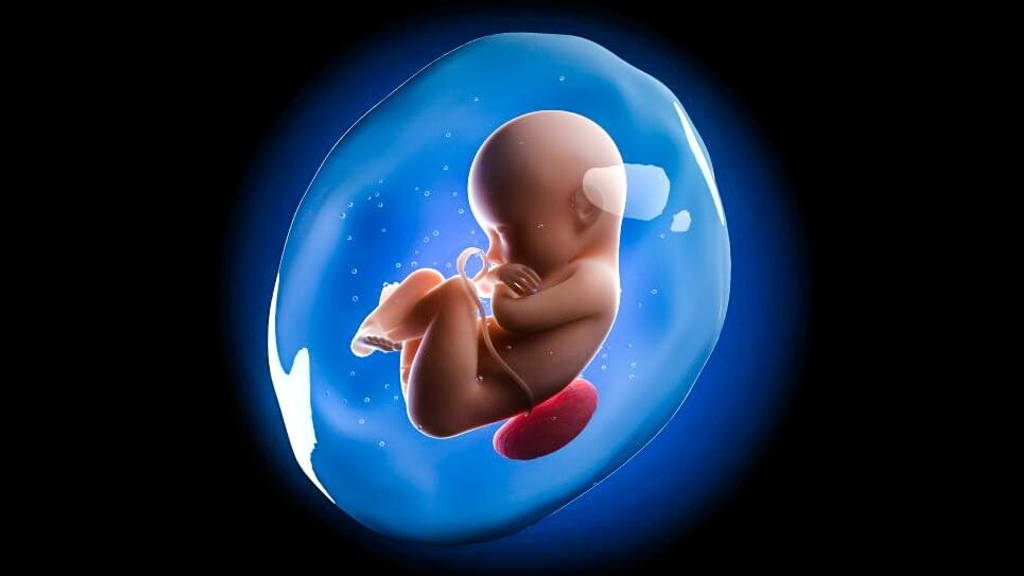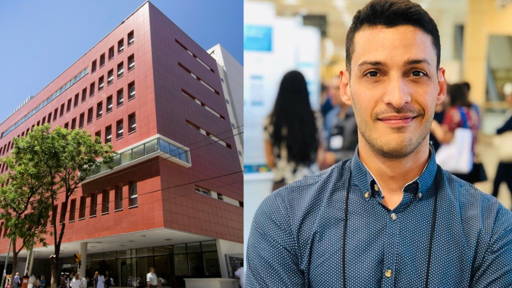Researcher Marie van Dijk from the VUmc: “This new method is in its research stage, but shows much promise. In the future we hope to be able to show deviations much sooner in the future. We can isolate and investigate DNA as early as in the fifth week. We have a long way to go before we can provide the test. But I’m convinced that we can perform these analysis within a few years based on a swab test from a pregnant woman.”
The special swab test is now only performed for scientific reasons. VUmc only analyses the obtained cells, so it is not possible to undergo a treatment such as this in the academic hospital. The results of the research are published in Science Translational Medicine.
Invasive chorionic villus sampling, amniocentesis
There are over 6.000 known illnesses caused by a deviation from a single gene, according to the VUmc. By taking foetal tissue with invasive chorionic villus sampling or amniocentesis birth defects with a genetic cause can already be diagnosed in the womb. Researchers from the VUmc now have isolated, together with their colleagues from Detroit, intact cells of the placenta with DNA from the unborn child in it. With a special swab test these cells can be obtained in the 5th until the 19th week of the pregnancy through the vagina and the cervix.Proving genetic diseases
The foetal DNA can be used to indicate certain genetic diseases such as cystic fibrosis, Duchenne muscular dystrophy and haemophilia at the unborn child. The next step will be to compare these test results with the invasive chorionic villus samples and amniocentesis to establish whether this new method can in time replace the current invasive method.The special swab test is now only performed for scientific reasons. VUmc only analyses the obtained cells, so it is not possible to undergo a treatment such as this in the academic hospital. The results of the research are published in Science Translational Medicine.








